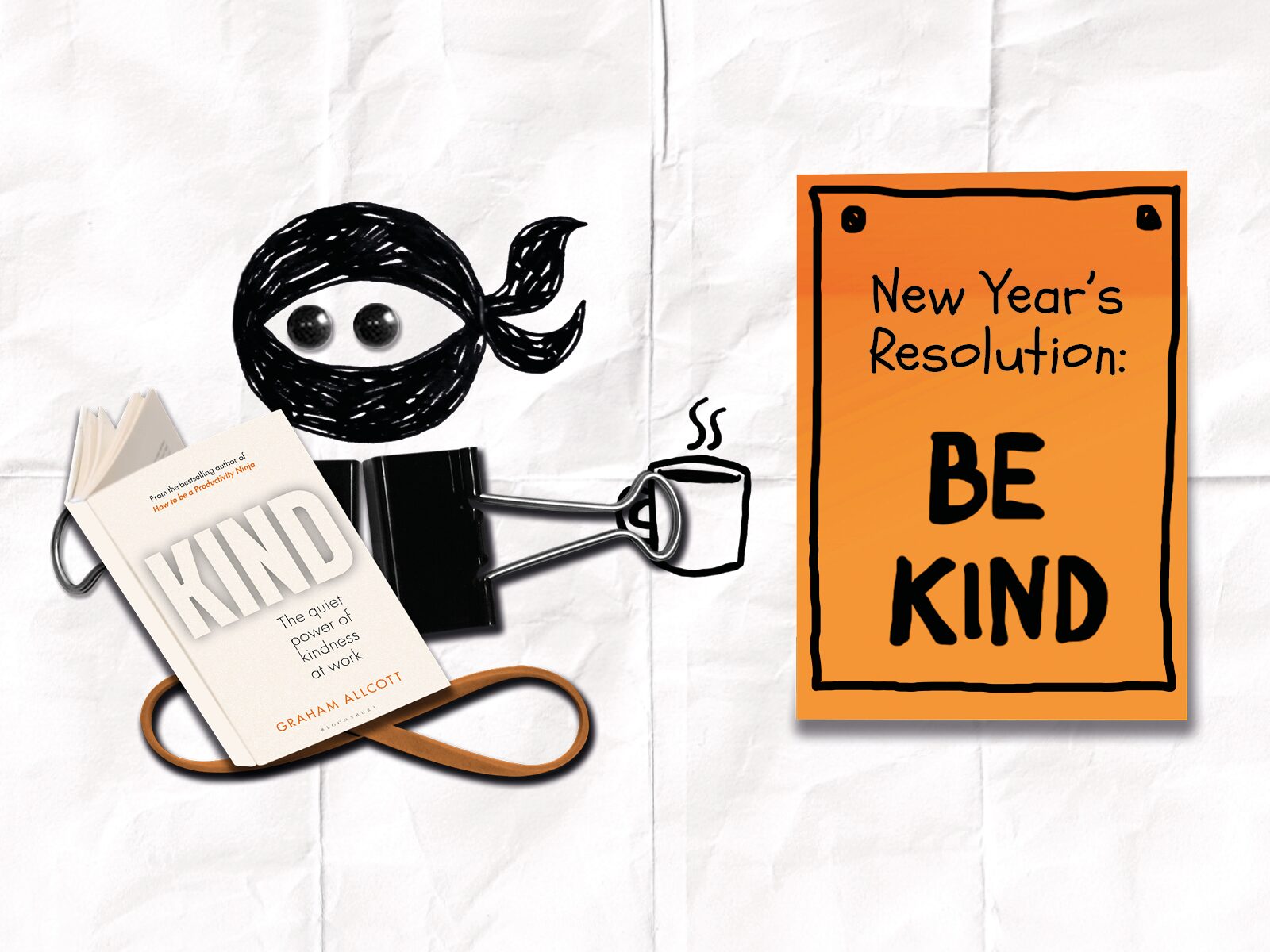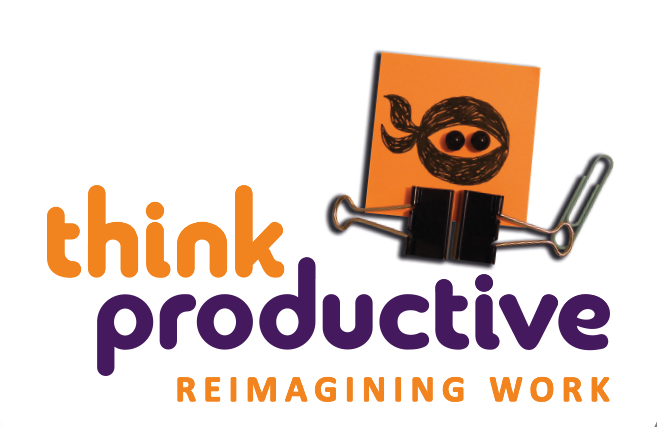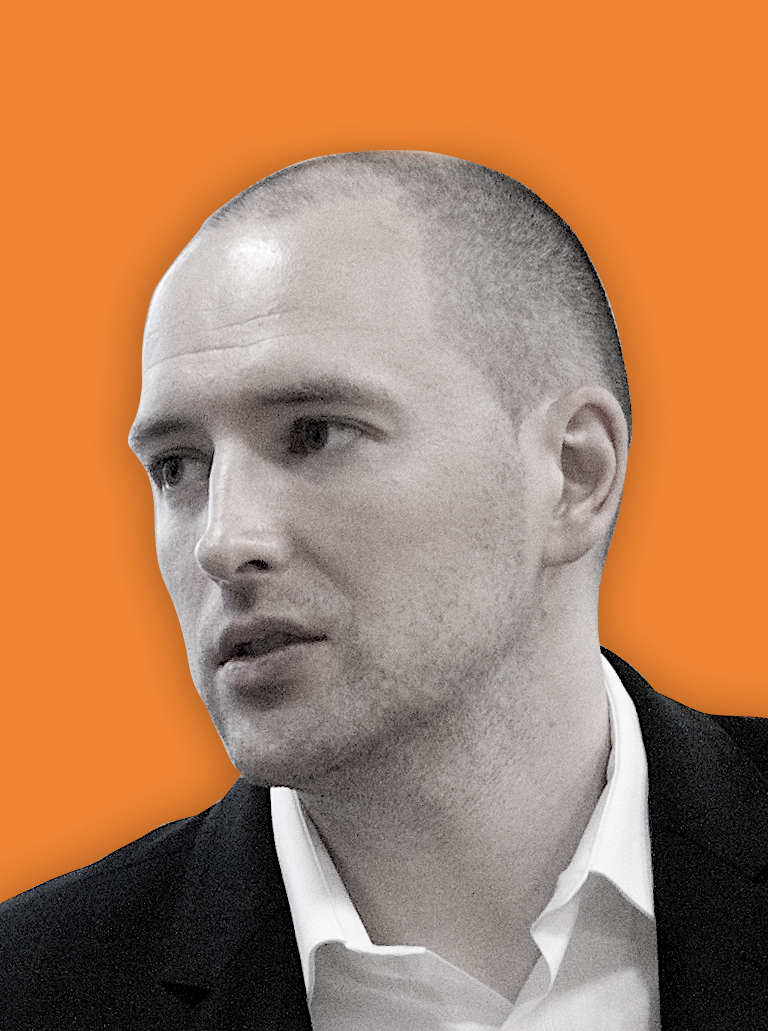4 reasons why you should prioritize kindness.
Busting the Myth
A powerful myth still pervades the business world: being a ruthless leader helps to succeed. Think Gordon Gekko, Steve Jobs, or Donald Trump. It’s time to bust that myth!
As the world’s most successful investor, Warren Buffett has likely evaluated more companies (and their leaders) than anyone else. And he champions kindness as the key to leading a successful and rewarding life:
“If you look around you at the people you admire, they have certain qualities. Generally, they have an upbeat attitude on life. Generally, they are generous people, […] they’re people who do more than their share. They’re people who are thinking about something nice they can do for you. […] If you’re looking at your life and you can choose what kind of person you can be, why not choose to be the person you admire?”
The benefits of kindness
Let’s prioritize kindness! After all, being kind
- boosts happiness and well-being
- creates connection
- breeds success
- increases mental and physical health
for both the givers and receivers of kindness.

Kindness boosts happiness
Kind and generous people are happier. Research shows that people who generously give to others – whether time, money, or expertise – show higher levels of happiness and life satisfaction.
Generosity does have its own reward. And apparently, it’s an emotional one. When we give, our brain releases dopamine creating the equivalent of a ‘runner’s high’.
No wonder two scientists concluded in a recent meta-study on the benefits of helping others that “a growing body of research indicates that they can derive pleasure from doing so.”
Kindness creates connection
You can – and frequently should – be kind to yourself. But most acts of kindness are toward someone else. By being kind, you create a social connection between yourself as giver and the person on the receiving end of your kindness.
But it doesn’t end there. Kind acts, such as volunteering, offer more opportunities to interact with your community in a meaningful way. It allows you to bond with similarly kindhearted folks over a shared idea or plan enabling you to create more positive relationships with others.
Kindness breeds success
There is also a business case for being kind! My colleague Graham argues in his new book ‘KIND: The quiet power of kindness at work’ that kindness is vital to strong performance at work.
Kindness builds empathy and trust. As a result, people feel psychologically safer. And this increased feeling of safety, in turn, leads to
- high-quality decision-making
- a heightened sense of engagement
- higher productivity and profitability.
Kindness is the best medicine…
… as it increases mental and physical health. By helping others, you also help yourself! Research suggests that being kind and generous can buffer against the negative impacts of stress. It also seems to reduce the likelihood of feeling depressed.
Moreover, in connection with higher levels of happiness, kindness makes you both physically healthier and – not surprisingly – live longer. Harvard Psychologist Laura Kubzansky highlights that kind people
- are less likely to develop heart disease
- age slower cognitively
- have a lower mortality risk.
Be kind!
So, in a world where you can be (almost) anything – why not be kind?!

